Losing weight can sometimes be a frustrating endeavor. Some people spend years trying to shed their excess pounds without success. While there are many causes of obesity, poor nutrition is arguably the most common one. Lack of exercise will also play a role, but diet and nutrition remain the most critical factors. Here are some of the more important reasons why proper nutrition is crucial for weight loss.
The Importance Of Calorie Counting
As you probably know, food constitutes energy that your body uses to perform various tasks. This energy is usually measured in calories, as most people also know. What you may not know is that the calorie was originally a measure of heat. It is technically defined as the amount of energy needed to heat one gram of water by one degree Celsius. This makes sense when you consider that your body burns food as fuel.
You cannot expect to lose weight unless you use more calories than you eat. You can get away with a little bit more by staying active, but the body isn’t going to use its fat reserves without a need. While not everyone needs to count calories, those who are engaged in a dedicated weight-loss effort should probably do it.
Counting calories is not always an exact science, but this article can give you a good start. In most cases, you will need to use a food scale to weigh your food. By using the nutritional information printed on every food label, you can figure out the calories per gram, and multiply that by the number of grams. Most restaurants will provide this information upon request.
Saturated Fats Are Your Enemy
Now, if you are trying to keep your calories low, it makes sense to choose low-fat food options. You should not attempt to cut fat out of your diet entirely, as it is essential to have a small amount. Some fats contribute to the health of the brain and the immune system.
What you need to avoid are saturated fats. In the study we cited above, researchers found that brain health and cognitive function were only improved for those consuming unsaturated fats. So, saturated fats don’t offer any benefits apart from acting as a source of stored energy.
These are the most concentrated sources of fat that you can eat, and they include foods like butter, lard, tallow (beef grease), and cheese. While you don’t necessarily need to remove these foods from your diet entirely, you should try to limit them to small amounts.
Saturated fats are so high in calories that they can hinder your weight loss efforts quite quickly, and they also increase your risk of cardiovascular disease. According to this study, reduced saturated fat intake is associated with a lower risk of cardiovascular disease, which includes all forms of heart disease. The study noted that unsaturated fats do not raise a person’s cholesterol nearly as much as saturated fats.
Exercise Won’t Make Up For A Poor Diet
You might think that you can get away with eating an unhealthy diet if you stay active. Unfortunately, it won’t be that easy. Even if you work out every day, it won’t be enough to offset the effects of a bad diet.
We should acknowledge that exercise is something that you definitely should do. It can make a difference, but not enough to bring weight loss without a corresponding change in diet. The average workout burns somewhere between 100-600 calories. A single meal from a fast-food restaurant could easily contain more than that!
Let’s say you eat a 600-calorie meal for breakfast and then work out. At that point, you have “broken even” to put it in gambling terms. Anything else that you eat for the remainder of the day will likely be turned into fat. Unless you plan on working out after every meal, you can’t use exercise to dismiss the crucial factor of nutrition.
Satiety And Protein
Believe it or not, your choice of foods can help you to control your eating habits. Have you ever noticed that some foods are much more filling than others? The reason for this is mostly related to nutrient content. Foods that are high in carbohydrates produce satiety (defined as the feeling of fullness), but the effect doesn’t last that long.
A high-protein diet, especially when eaten at the beginning of the day, has been proven to reduce cravings for food. Why does this happen? There are a couple of reasons. First, protein takes longer for the body to digest than carbohydrates. As such, the energy from that protein is released more slowly. Secondly, a lot of high-protein foods are also high in unsaturated fats. These combine with the protein to create a very long-lasting sense of fullness.
 This study gives us another piece of evidence. These researchers found that a high-protein diet helped people to manage their weight more effectively. They also found that it was effective for correcting metabolic imbalances. It should be noted that there is such a thing as protein overdose, but it takes a tremendous amount to cause a problem, as the human body is meant to process relatively large amounts of protein. The required daily intake of protein for the average person would be 0.8-1.2 grams per kilogram of body weight.
This study gives us another piece of evidence. These researchers found that a high-protein diet helped people to manage their weight more effectively. They also found that it was effective for correcting metabolic imbalances. It should be noted that there is such a thing as protein overdose, but it takes a tremendous amount to cause a problem, as the human body is meant to process relatively large amounts of protein. The required daily intake of protein for the average person would be 0.8-1.2 grams per kilogram of body weight.
Conclusion
With dedication and knowledge, you should be able to lose all the weight that you want to lose. However, you might spend years running in place if you don’t understand the basic facts outlined in this article. Nutrition and diet have always been the most significant factors in weight loss, and that isn’t going to change anytime soon. We hope that you have enjoyed this article. If you would like to read more of our work, we invite you to follow us on Facebook using the link below.
The post Why Good Nutrition Is Crucial For Weight Loss appeared first on Gaspari Nutrition.



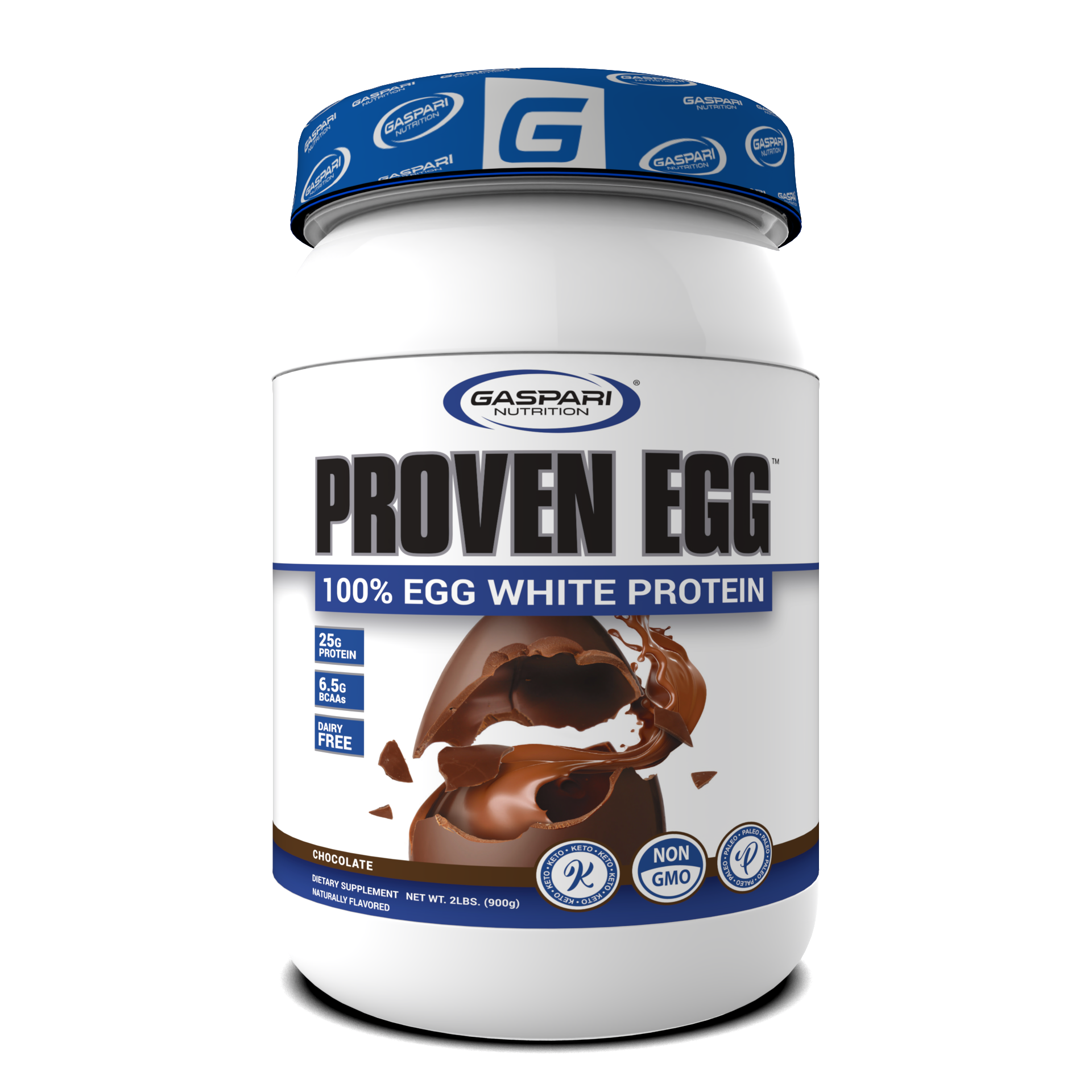



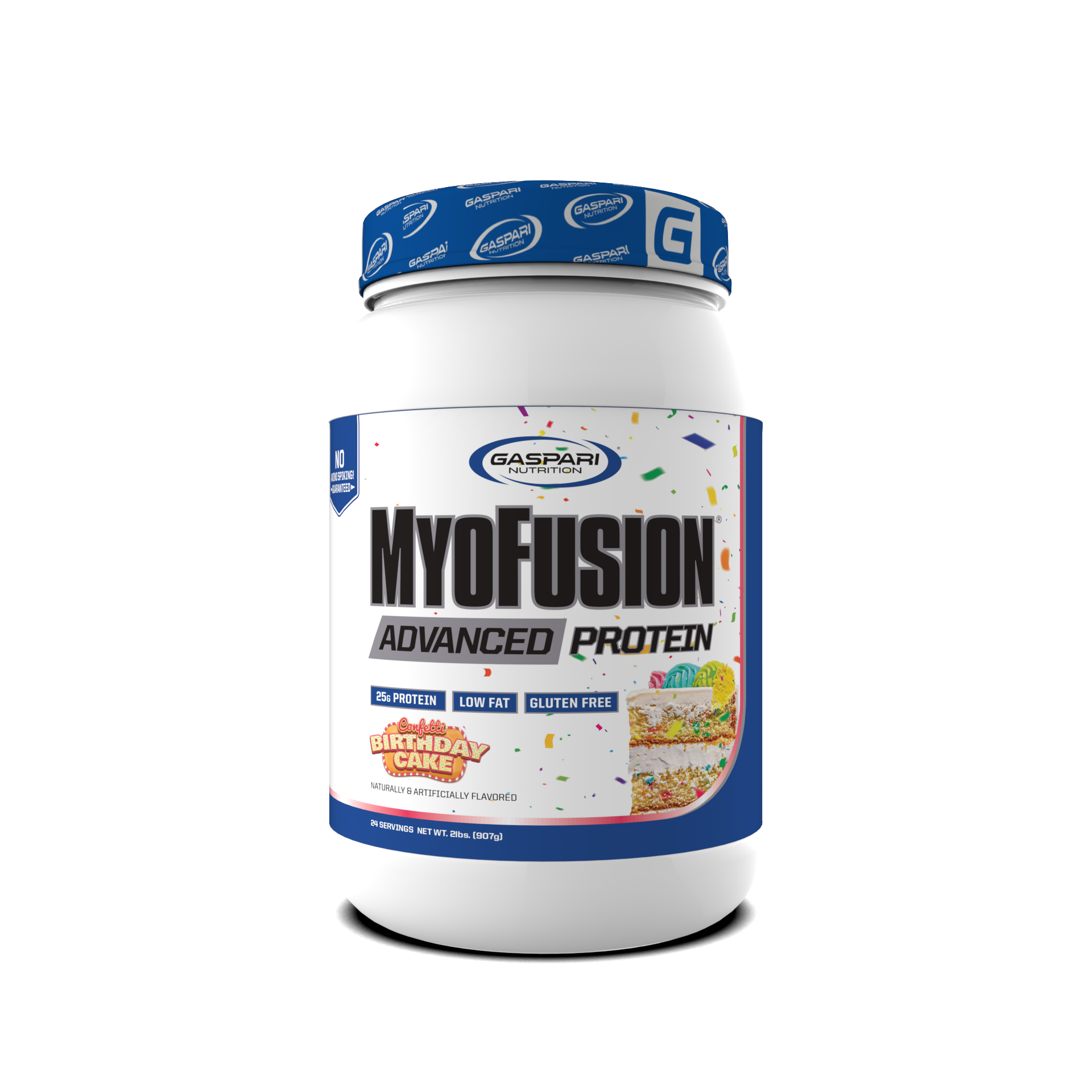



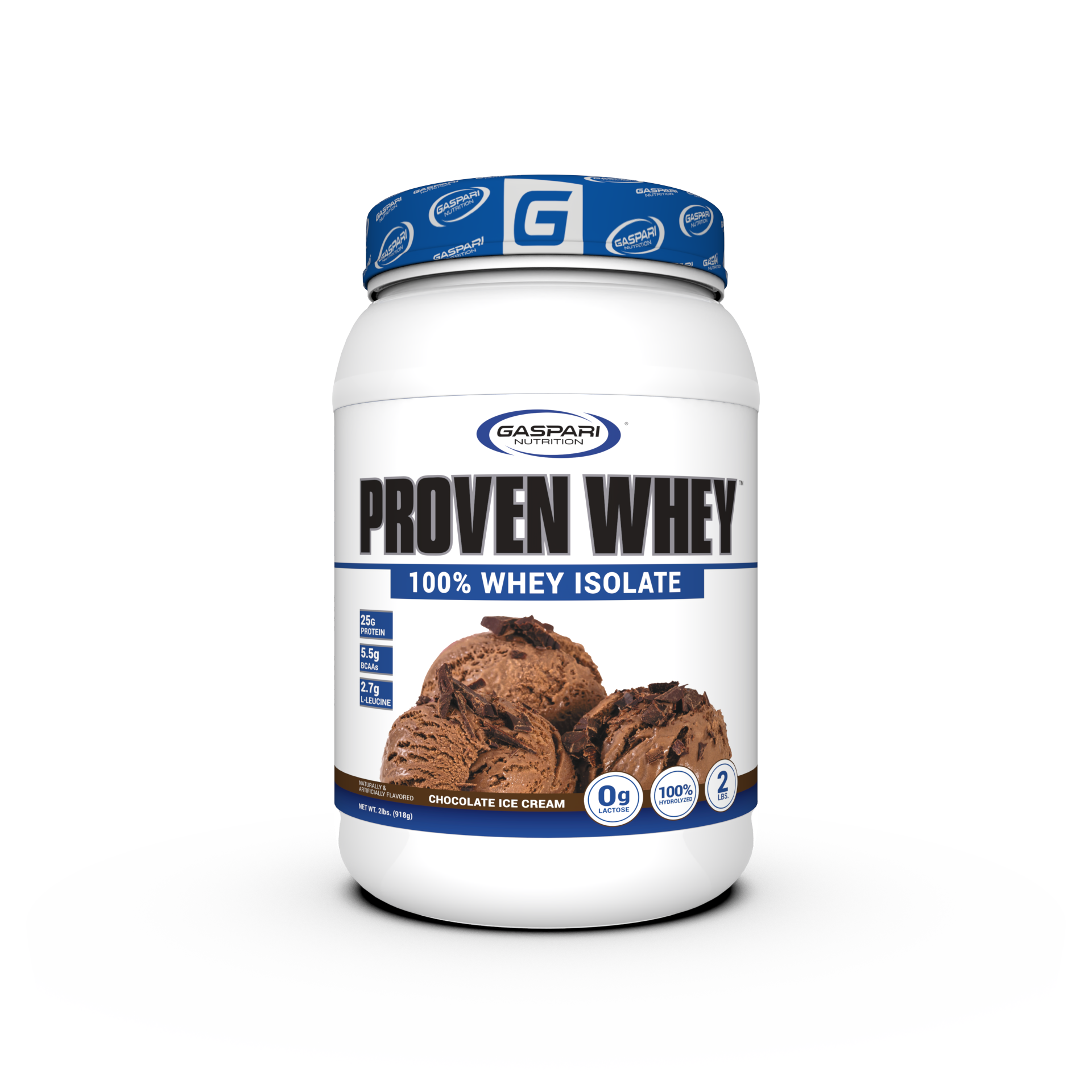




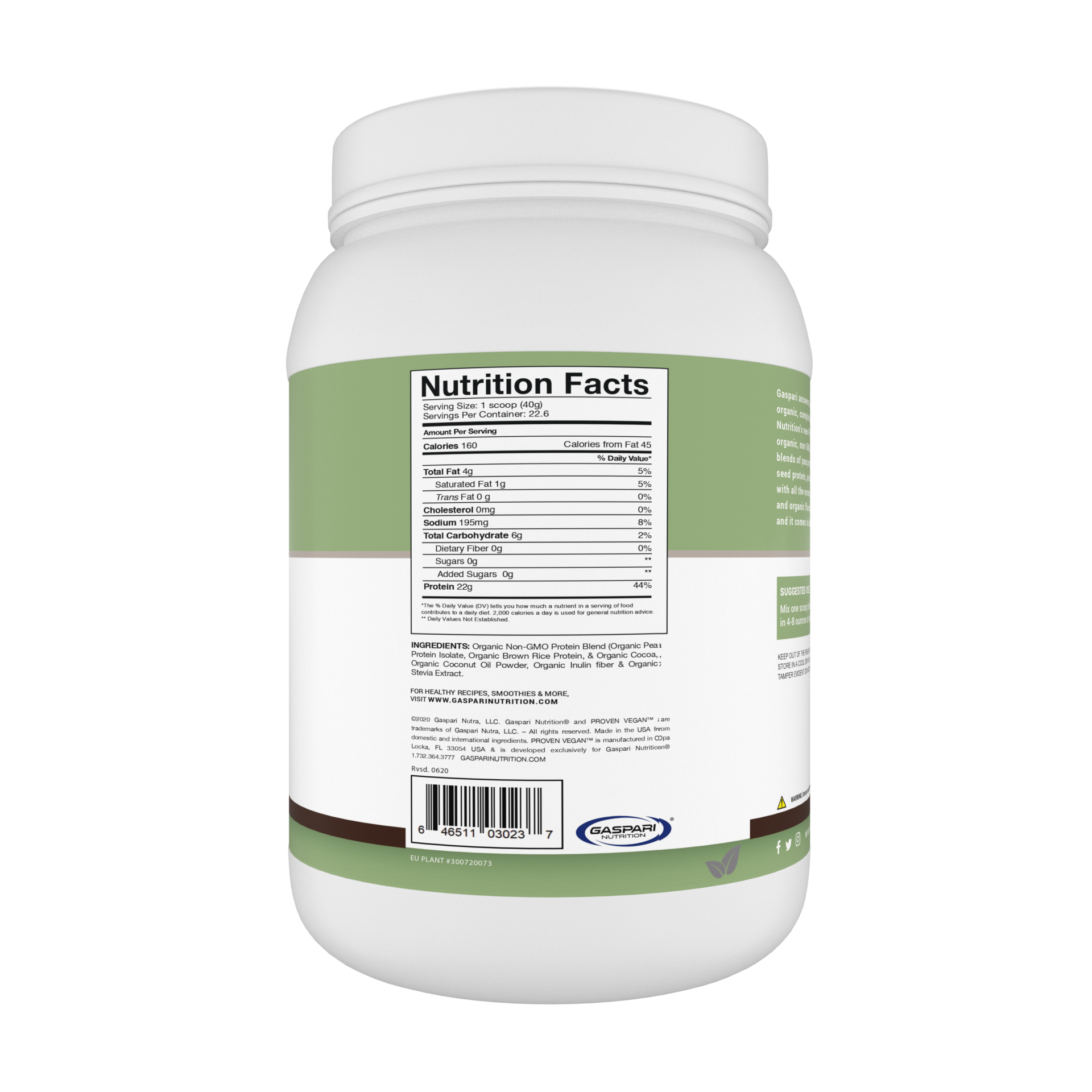






















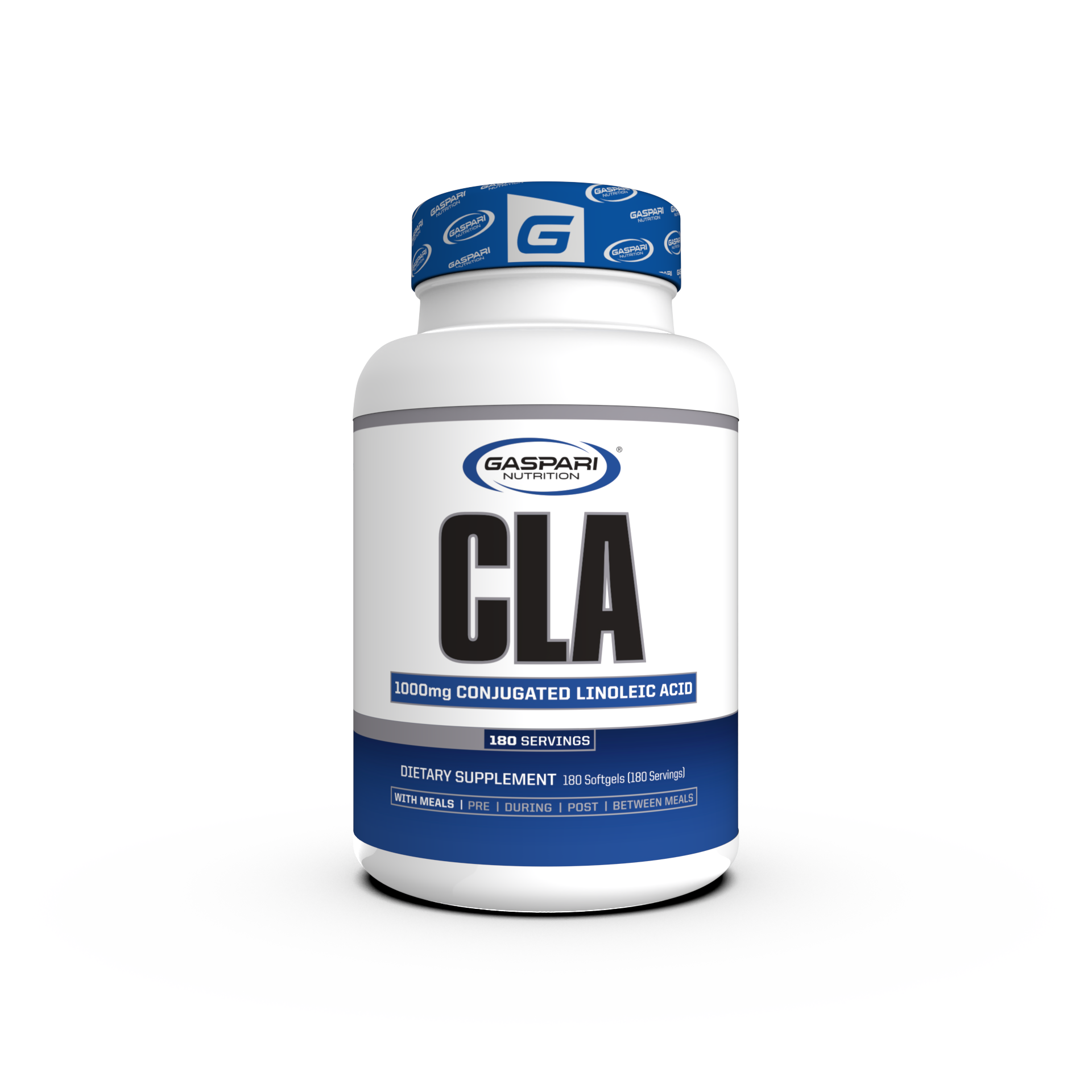



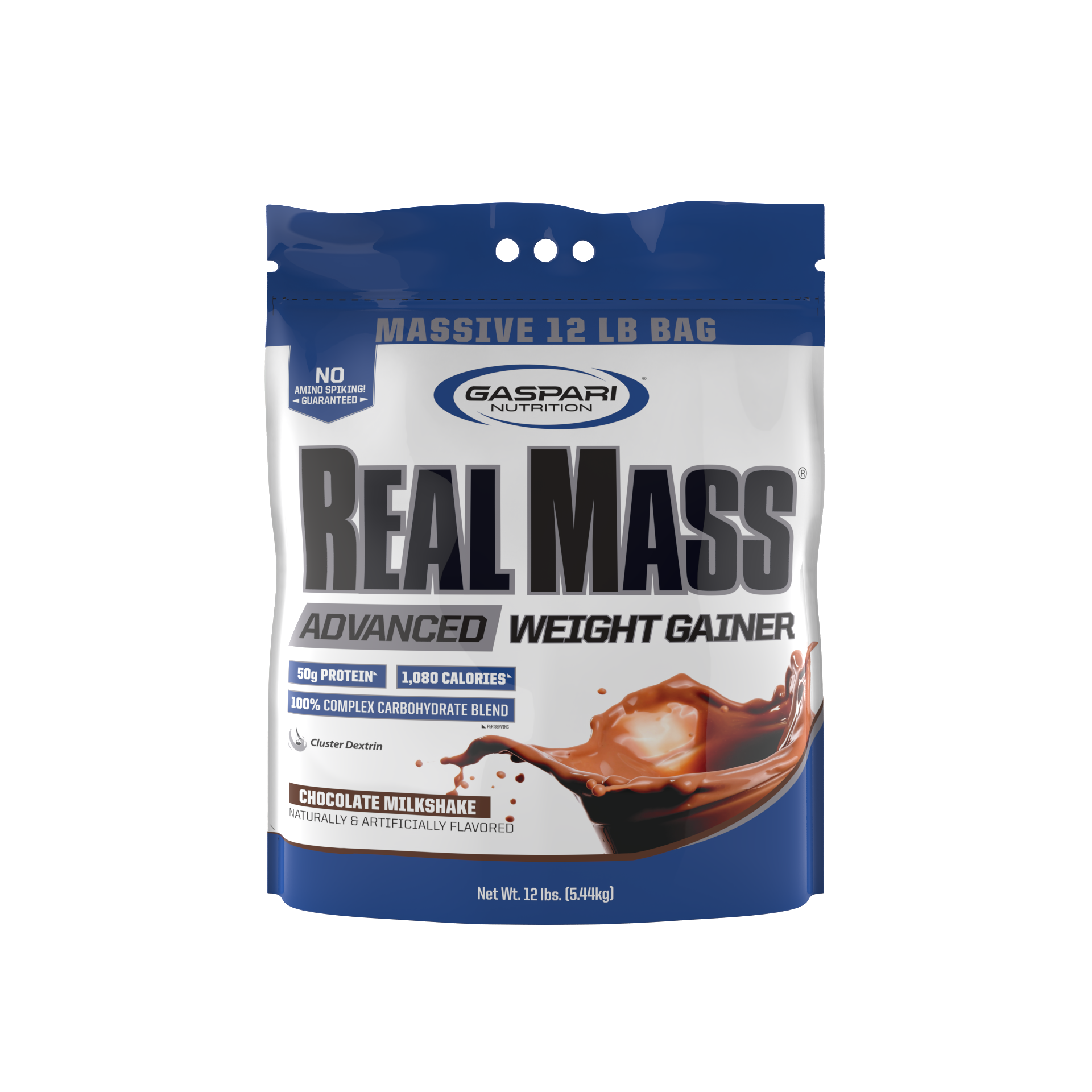















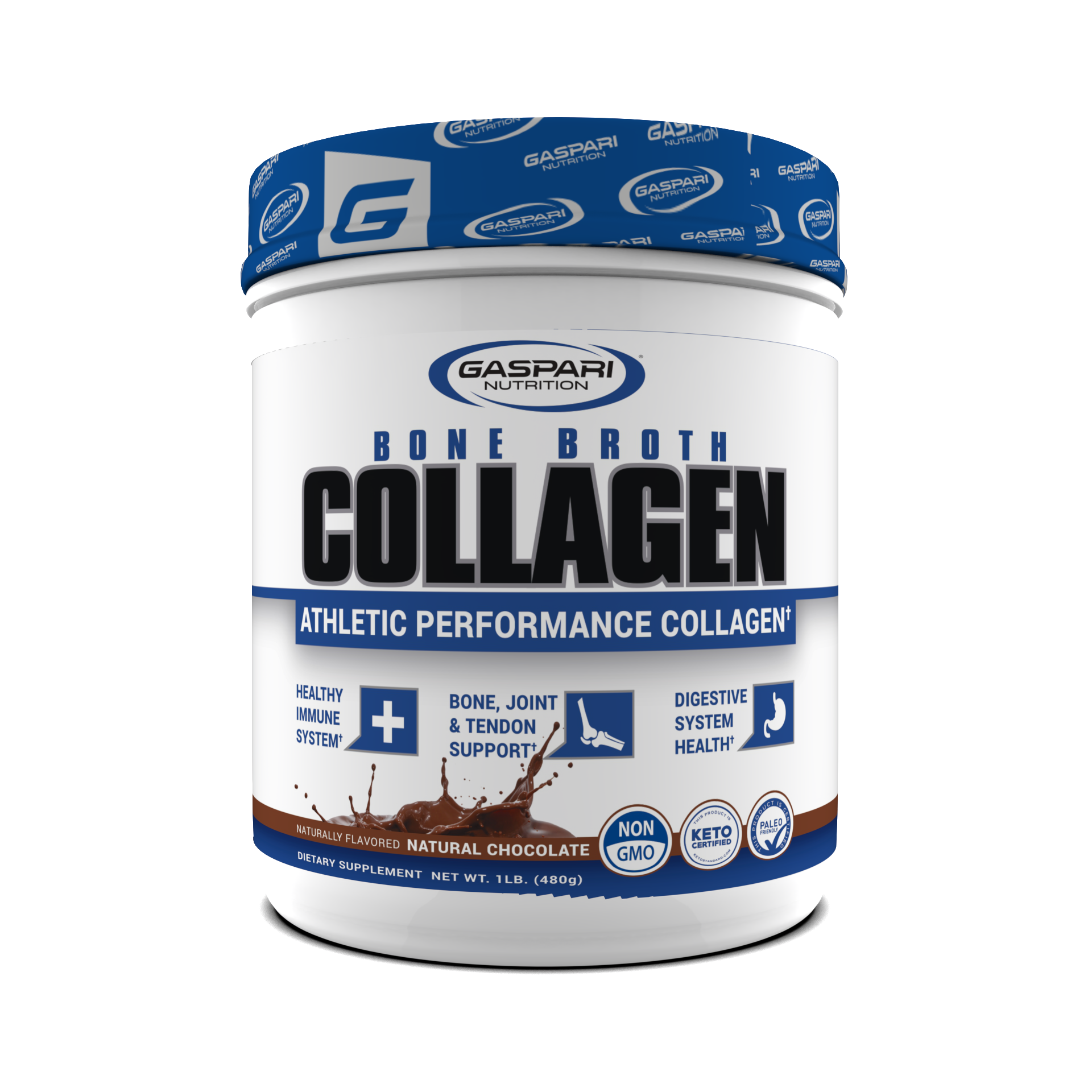



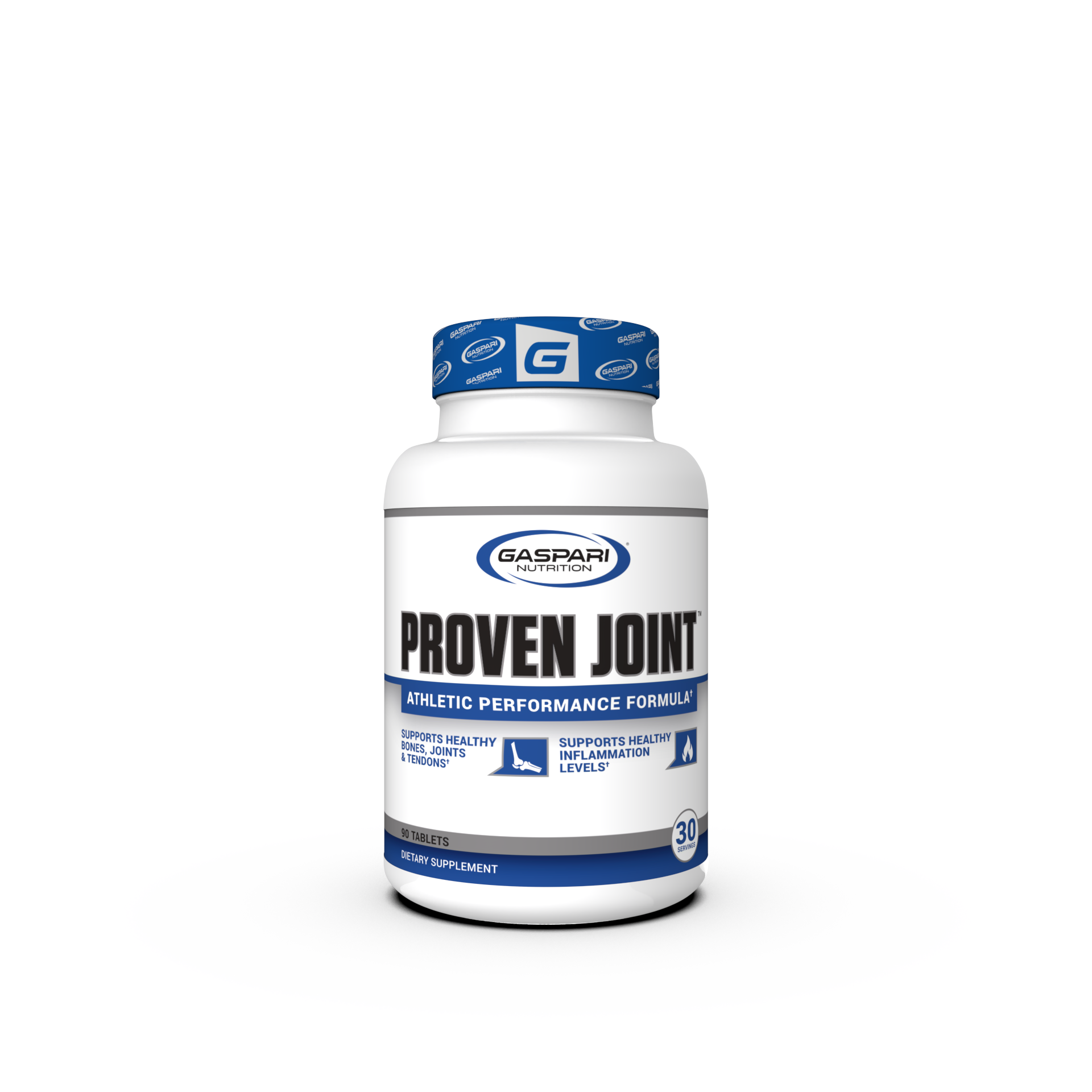











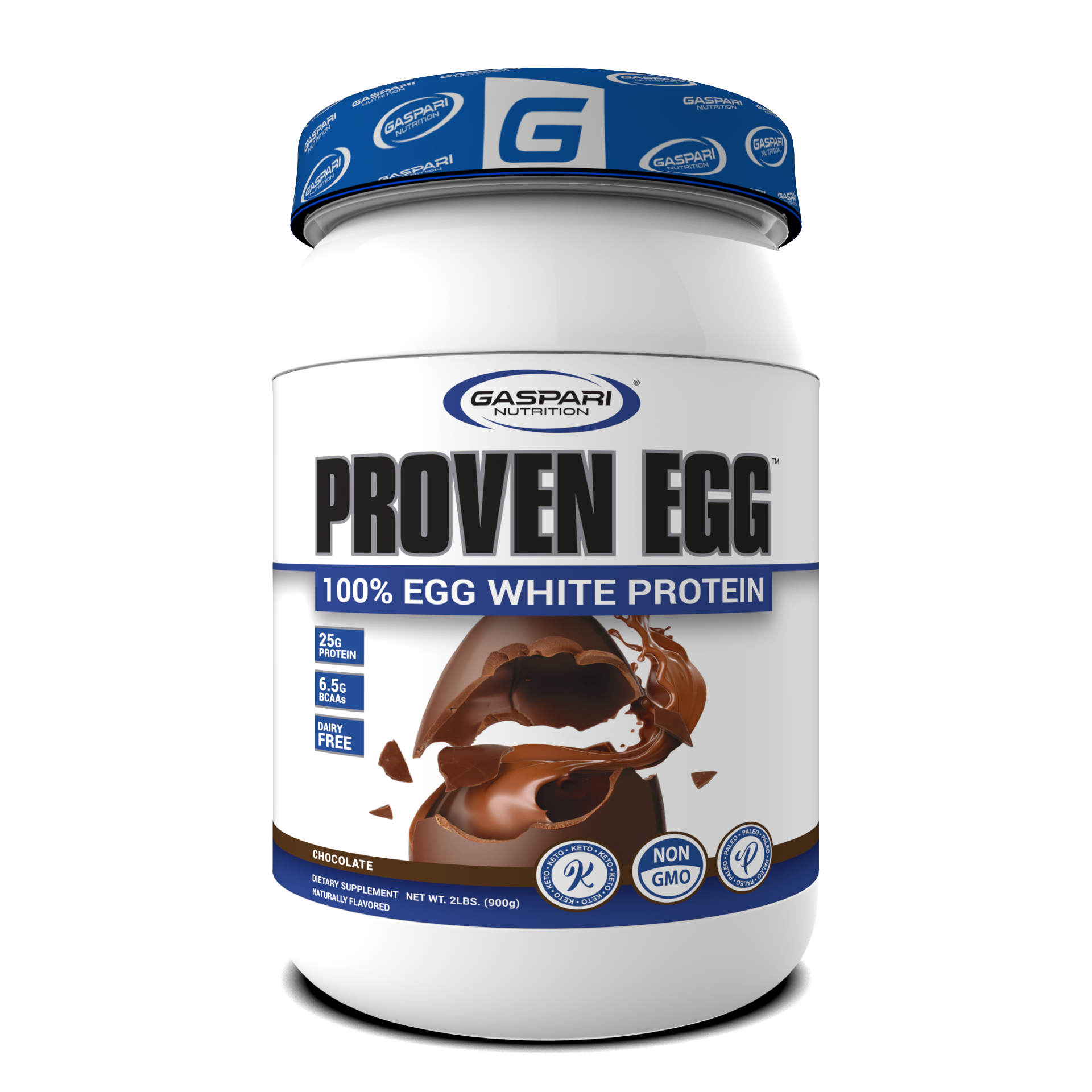

Share:
The Most Effective Leg Exercises For Women
Why Do We Eat 3 Meals A Day?